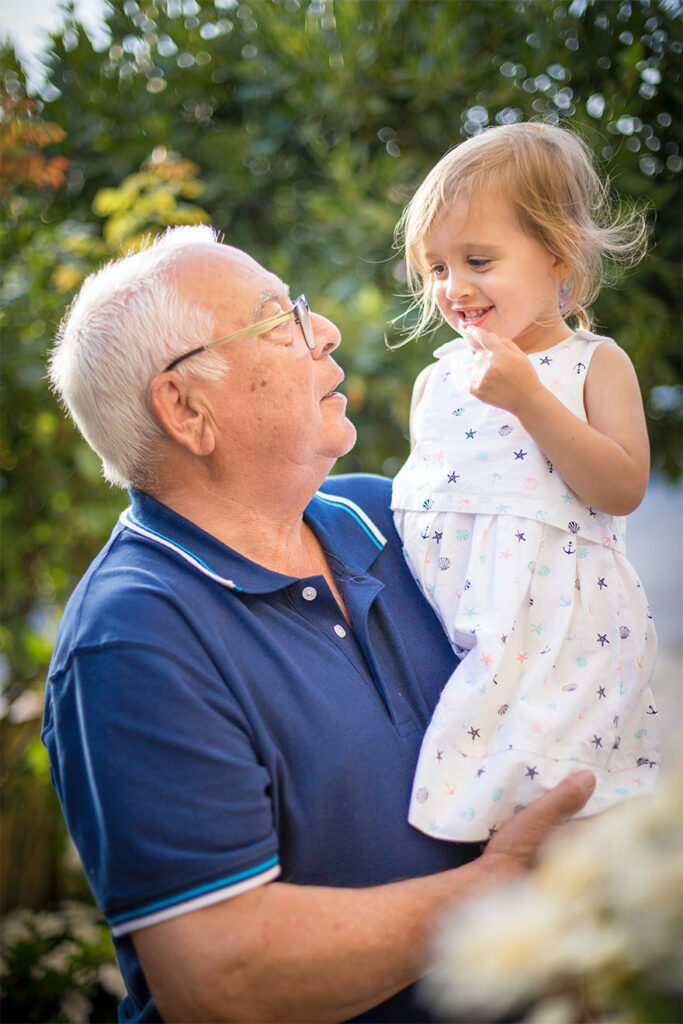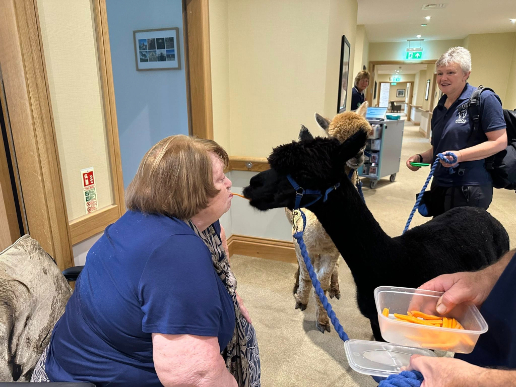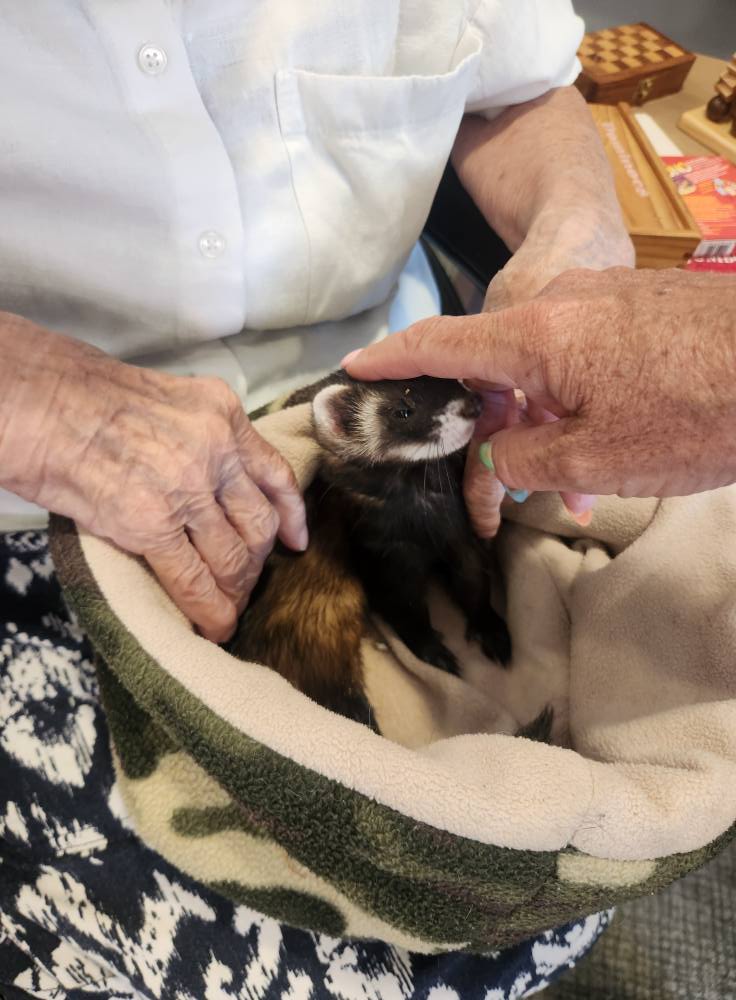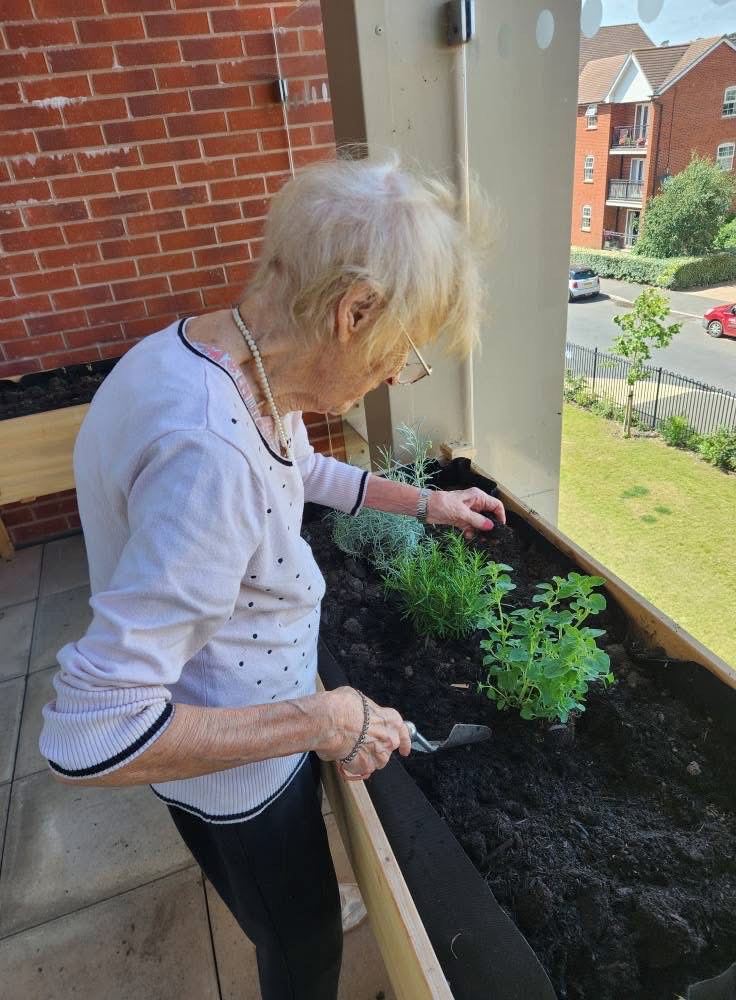The Importance of Mixed Community Living in a Care Home

Mixed community living is becoming increasingly recognised as an essential part of providing holistic care. Unlike traditional nursing home models, mixed community living integrates residents into diverse, inclusive communities that encompass people of varying ages, backgrounds, and interests. This approach benefits residents on multiple levels, supporting their physical, social, and emotional well-being in later life. It also fosters person-centred care by building an environment where individuals feel part of a larger community while enjoying the personalised care they need.
What is a Mixed Living Community?
The concept of mixed community living in a care home moves away from the traditionally isolated model and instead fosters an environment where residents can engage with each other and with the wider local community. Typically, this means residents can socialise with others who have different personal or medical needs and come from various backgrounds as much as they want, whilst still receiving 24-hour support from a care team.
For older adults, particularly those who may find daily chores challenging or require additional support, mixed-living communities offer a harmonious balance of independence and care. An individual residing in a cohousing community can interact with a variety of people, participate in diverse activities, and benefit from shared communal spaces while having access to the care and support they need, whether that is nursing care, respite care, dementia care or residential care.

Person-Centred Care: Meeting Diverse Needs Through Mixed Communities
The principle of person-centred care is at the heart of mixed community living. Person-centred care emphasises tailoring care to the individual rather than a one-size-fits-all model. In mixed community settings, care teams develop personalised care plans that consider each resident's personal history, preferences, and level of independence. This is particularly beneficial for people living with dementia or complex medical needs, as the support of a mixed community can help enhance cognitive engagement and overall well-being.
In these environments, the whole care team works collaboratively to plan engaging, meaningful daily activities. Social events, trips into the local community, and intergenerational activities with local schools foster strong social bonds, improving the quality of life for each resident. These activities enrich the communal aspect of living in a mixed community care home, allowing individuals to connect, learn, and grow even in later life.
Advantages of Mixed Community Living
Mixed community settings offer a variety of activities tailored to residents' interests, whether they prefer interactive moments in the sensory room, pampering in the hairdressing salon, or strolls through beautiful gardens. Communal spaces and self-contained units provide flexibility in choosing social or private time, reinforcing independence and individual choice. These amenities enrich the experience of residents within their home away from home, offering opportunities for personal growth and connection that might otherwise be less accessible.
Cohousing communities also allow residents to get out and build relationships with the wider community. There are often regular events that are held at community centres, or homes will invite schools or entertainers into the home which expands the social opportunities for residents even further. Through the increased social opportunities and communal facilities provided, it can increase the overall quality of life for residents and work to reduce the side effects that can come with ageing.
Creating Intentional Communities within Care Settings
An intentional community is where those residing in care homes are actively participating in the shaping of their environment. Each of their values and preferences is taken into account and used to improve their quality of life, whilst they continue to receive first-class care.
Introducing intentional communities within care settings creates supportive social structures that go beyond traditional care practices. In place of a clinical approach, a mixed community emphasises relationships built on trust and empathy, bringing peace of mind to both residents and their families.
These strong relationships enable care teams to provide the highest standard of care, grounded in an understanding of each resident's specific needs and preferences. For residents, emotional and social support from care home staff is just as vital as the physical care provided.



Integrating Care Homes with the Wider Community
Integrating the wider community into care home environments ensures residents remain actively engaged with life beyond the immediate surroundings of their care home. Events that welcome local community members or involve partnerships with nearby organisations provide a sense of belonging and add cultural depth to residents' lives.
For families, these strong community connections bring reassurance that their loved ones are in an engaging environment that emphasises activity, interaction, and fulfilment. Relationships with local schools and community groups also provide valuable opportunities for residents to experience intergenerational connections, offering residents a chance to share their experiences and wisdom with younger people.
Supporting Diverse Needs in Mixed Community Living
A caring team is essential in supporting residents who have different care needs, with specialists available for those who require further assistance with their personal or medical needs, such as people living with dementia, a long-term health condition or disability. A nursing home that embraces mixed communities offers the additional support needed to address the complexity of these conditions while promoting dignity, social engagement, and personal growth for each resident.
By incorporating resources such as nursing homes, dedicated dementia care facilities, on-site medical services, and communal activity areas, these settings ensure that residents receive both the specialist care they need and the social interaction that enhances their quality of life.
Our Mixed Community Environment at Alexander House Care Home
Alexander House Care Home is a premium living facility in Exeter offering unrivalled levels of Nursing Care, Dementia Care, Respite Care, Residential Care and Palliative Care. Our home is a mixed community environment where we prioritise the needs, preferences and values of each of our residents and create a lifestyle where they can thrive. To support us with this approach, we have a variety of first-class facilities and amenities available to residents at their leisure including a sensory room, full activities programme, hair salon and cinema room.
We also understand the importance of having an active role in the local community and regularly take our residents into Exeter in our luxury minivan or invite members of the community to join us for our in-house events. Our team is complete with dedicated and compassionate care experts who are available around the clock to support our residents, no matter their needs and strive to improve their quality of life.
Book a tour to see for yourself what our luxury Exeter care home can offer you or your loved one or get in touch by calling 01392 579 777 or emailing info@alexanderhousecare.com. We look forward to hearing from you!






